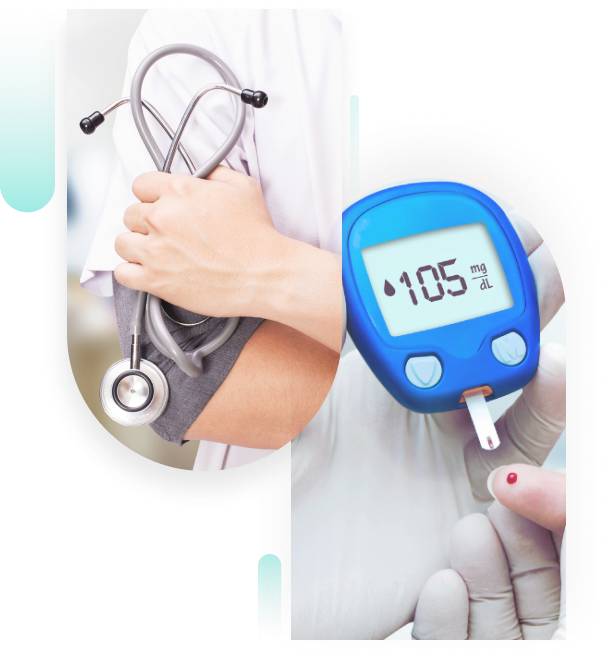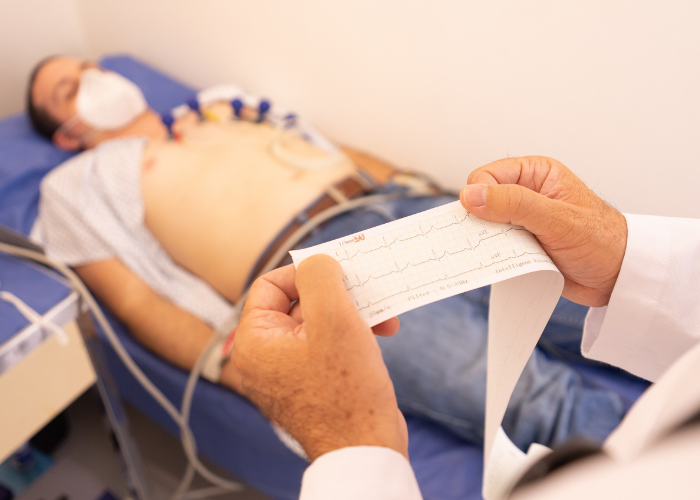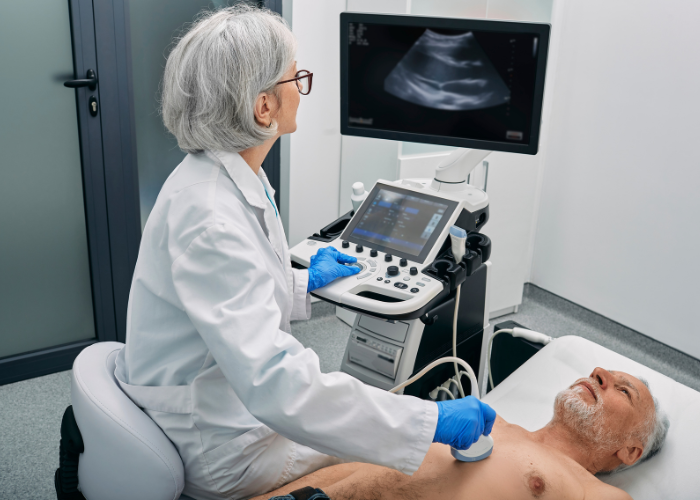
Scope of Internal Medicine Care
An internist focuses on diagnosing and treating diseases of the internal organs—the heart, lungs, kidneys, liver, and the digestive and urinary systems. This is a doctor who assesses your overall health comprehensively.

Most Common Ailments
Fever, chronic cough, abdominal pain, fatigue, hypertension, chest pain, or leg swelling – these are just some of the symptoms for which it's worth seeing an internist.

Treatment and Pharmacotherapy
Based on the diagnosis, the doctor implements treatment – they prescribe medication, suggest lifestyle changes, and, if necessary, refer you to a specialist (e.g., a cardiologist, gastroenterologist, or endocrinologist).

Diagnostics
and Tests
An internist orders basic and specialized tests: complete blood count (CBC), ECG, ultrasound, X-ray, urine tests, blood sugar levels, cholesterol, and others – depending on the patient's symptoms.

Prevention and Health Monitoring
Regular visits to an internist allow for the early detection of diseases. Your doctor can advise on a healthy diet, physical activity, and order control examinations.

Electrocardiographic (ECG) Tests
Our internist performs electrocardiographic (ECG) tests, offering precise diagnostics of heart function. This test allows for the rapid detection of abnormalities such as arrhythmias or ischemia, ensuring comprehensive cardiological care for patients. We guarantee professionalism and comfort during the procedure.


